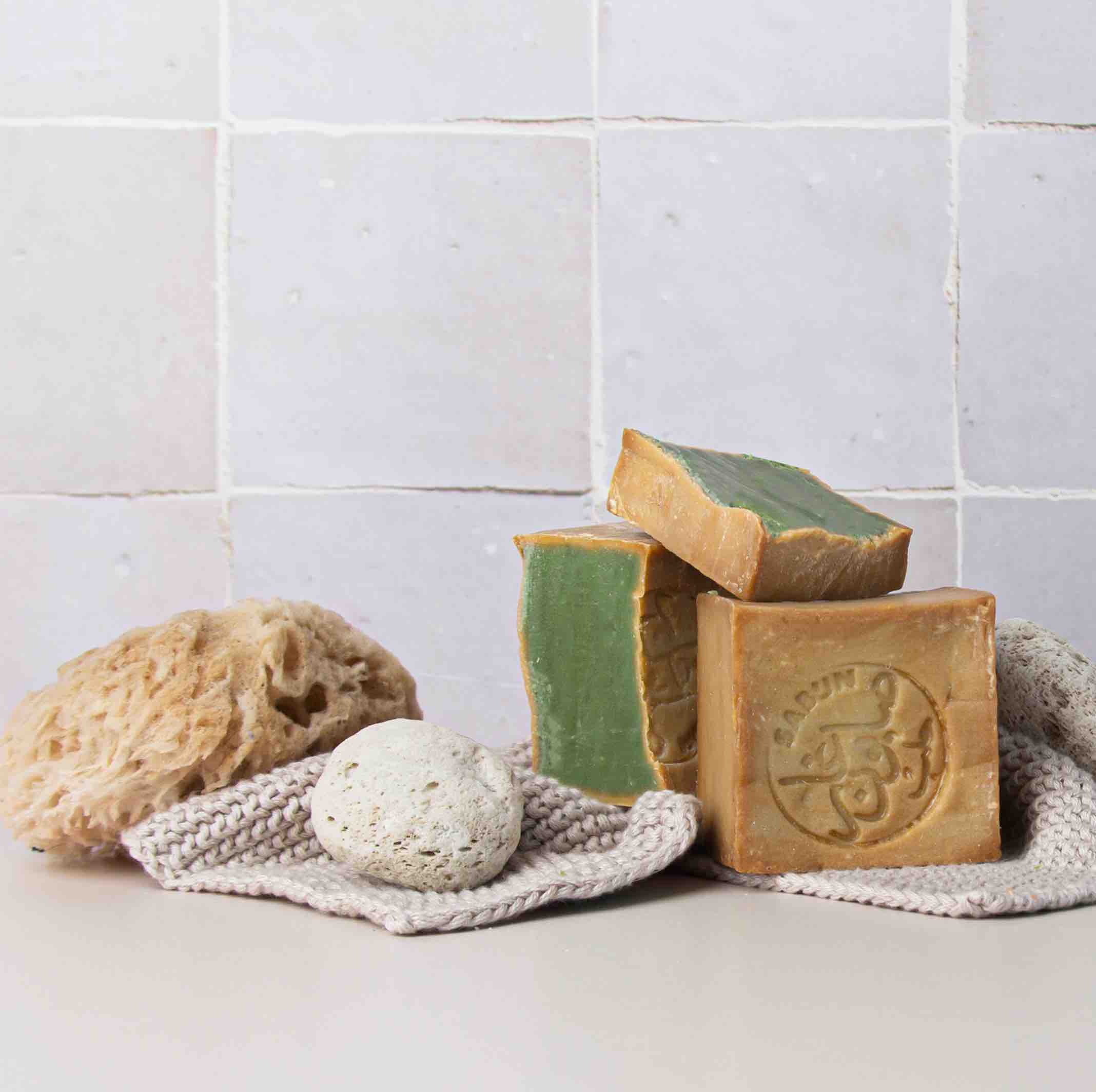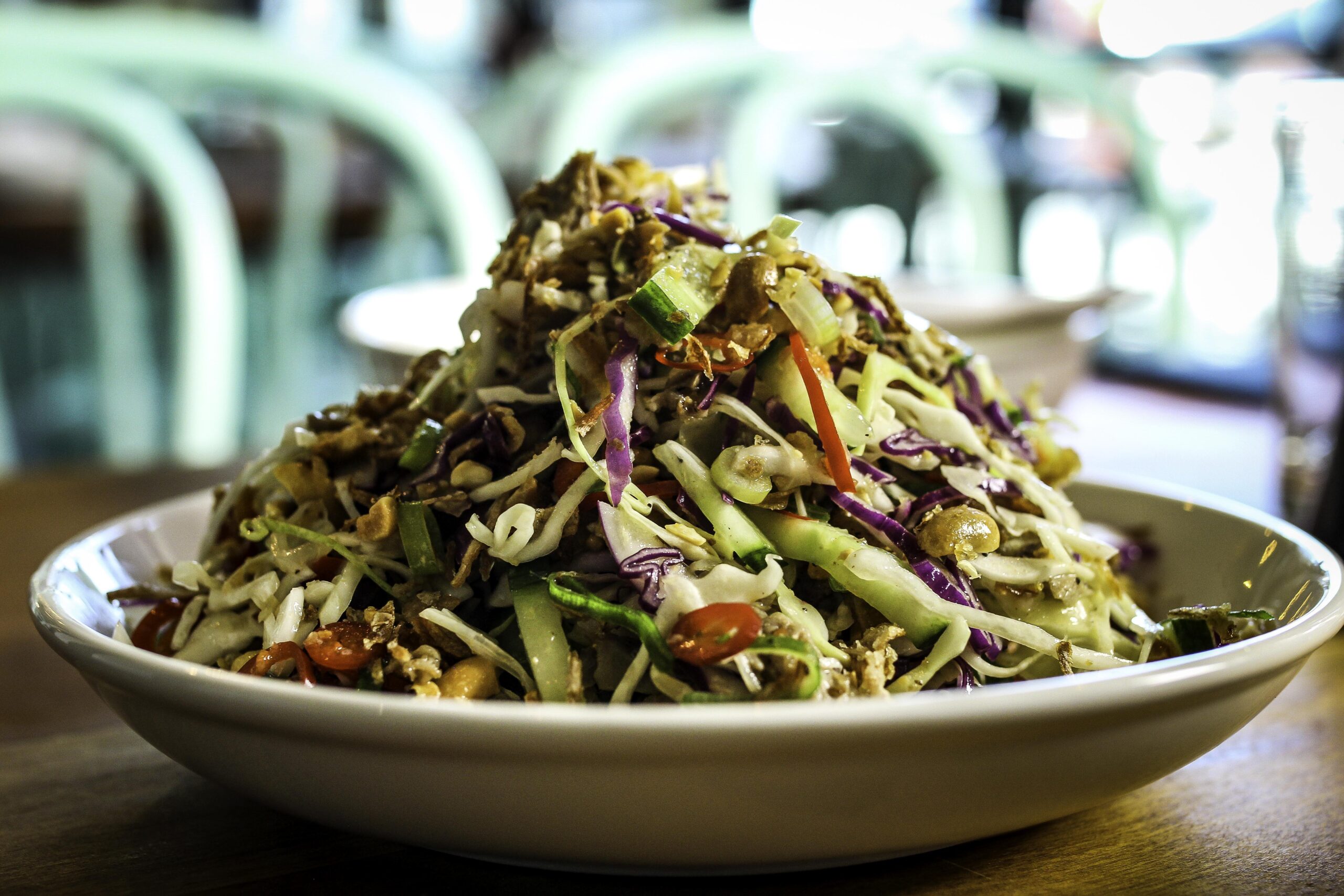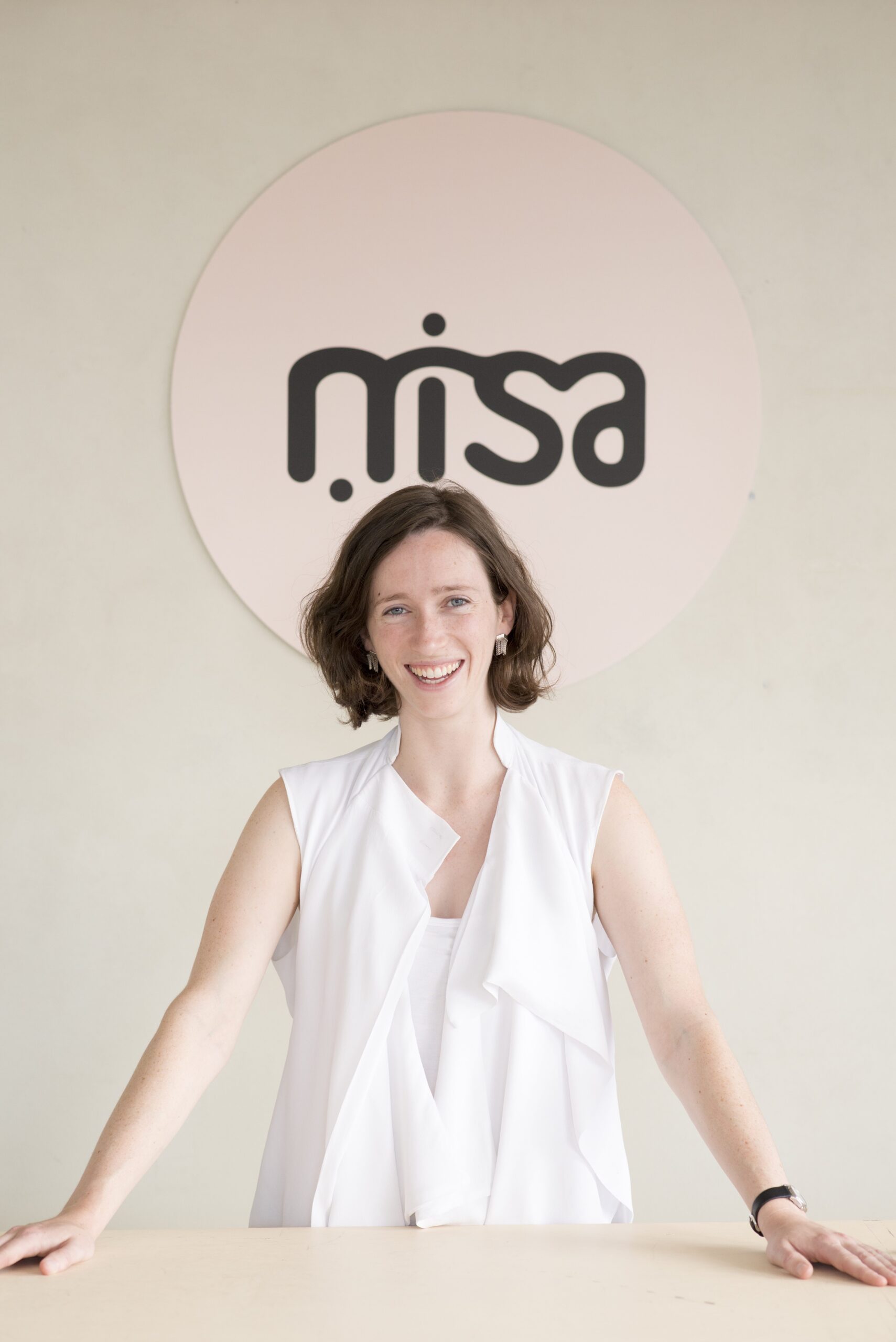PRODUCED IN PARTNERSHIP WITH GOOD X SABUN.
A natural soap made by Syrian refugees living in Turkey using a recipe that’s hundreds of years old. It’s a story that’s compelling even before the benefits are explained.
Sabun olive oil soap, aka savon d’Alep, makes you feel good in many ways. It naturally cleanses and moisturises your skin, helps with problems like eczema and psoriasis and is more sustainable than mass-produced products packaged in plastic. What’s more, it gives you the warm feeling of knowing you’re helping a refugee family from Syria.
Originating from the ancient city of Aleppo, Sabun is made with just five ingredients – olive oil, bay laurel oil, water, salt and lye. It’s golden brown on the outside and jade green on the inside, a result of the nine-month ageing process that makes Sabun less alkaline than ordinary soap, and therefore better for maintaining your skin barrier.
In New Zealand, Sabun is imported and distributed by Alison Hollier. Here’s the story behind Alison’s discovery of Sabun.
“While I was living in the Middle East, a friend gave me some Sabun because I had eczema. At first I found the smell unusual, but I quickly got over that because my skin improved so much after using it. When I returned to New Zealand, I began importing Sabun to help people with unhappy skin.”

Who’s Sabun good for?
- People with eczema, psoriasis or atopic dermatitis: Sabun helps with skin barrier dysfunction, which is the root cause of itchy skin conditions.
- Dry skin sufferers: Skin barrier dysfunction is also the cause of dry skin, so switching from shower gel to Sabun could really make a difference.
- People with excessively oily skin: Over-production of skin oil happens when skin is over-washed, becoming “squeaky clean”. Sabun cleanses gently without excessive lather to support the skin’s acid mantle, which helps to minimise oil production.
- Older people with fragile skin: Old skin is thin, so it needs cleansing that also moisturises.
- Babies and children: Brand new skin also benefits from the gentle care of Sabun.
How can you use Sabun?
Sabun can replace any product you currently use for cleansing your body or hair. Rub it on your washcloth for a moisturising all-over clean in the shower; use it instead of shampoo for a gentle hair wash; rub it on stains before clothes go into the wash; use it instead of shaving foam; and, if you’re a true minimalist, try it on your toothbrush. Sabun has a number of devotees who use it as a non-plastic toothpaste alternative.
The test of true Sabun soap
As is often the case with iconic products, there are copycats making fake Sabun. So how can you tell if your Sabun soap is the real deal? Easy! In a basin of water, Sabun naturally floats – a result of tiny air bubbles trapped in the soap during the manufacturing process.








